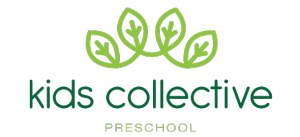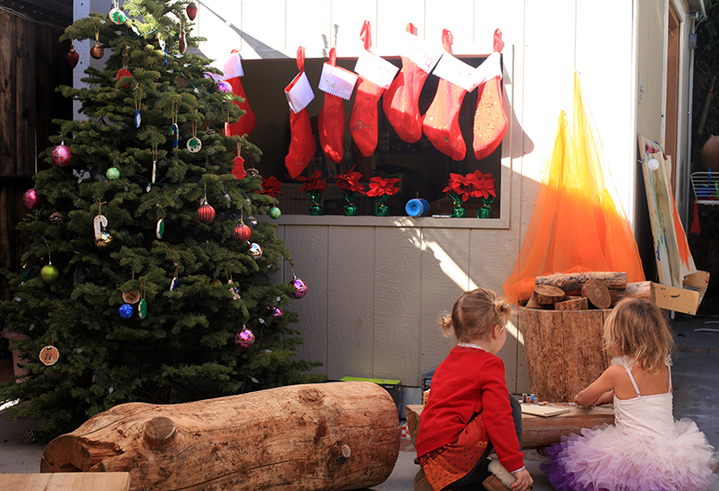Children’s imagination is a key to their future development. By imitating and making up things, kids learn how to act in the real world and model different situations and possible behaviors. However, some children tend to escape into a fantasy world, and their parents become seriously worried. How to prevent shrinking away from reality and promote healthy ways to use imagination? Montessori schools have an answer for that.
Montessori Attitude to Imagination
Montessori philosophy distinguishes imagination and fantasy. It praises imagination as a vehicle for creative and intellectual development. Everything has time, and the time for unrestrained fantasy comes much later.
The holistic vision of child development by Maria Montessori includes four stages, or panels, of growth. The first stage, from birth to 6 years, is called “the first plane of development”. At this stage, children are explorers of the amazing world around them. They think in specific images and facts and still doesn’t really understand the concept of “unreal”.
Early exposure to fairy tales may lead to development of fantasy prone personality. Such people withdraw from challenges of adult life and delve into their own dreams. Sometimes they even see things that don’t exist, and this is a troublesome sign.
Reality-based Activities in Montessori Preschools
Maria Montessori connected imagination to intelligence. She believed that abstract thinking and the ability to see the whole picture are deeply grounded in kid’s imagination. It makes children curious about the world and encourages learning and exploration.
According to Montessori, imagination should start from the contact with reality. In their imagination, children emulate other people and situations, but it means that they already have real experience with related objects.
One of the basic Montessori’s methods is to expose children to reality-based activities in a prepared environment. Let’s take a closer look at what it means.
Reality-based activities are just the same things that adults do. They are not “make-pretend”: if there is a kitchen, then it is fully functional, and children can prepare meals. If there is a workshop, then the results of children’s work are valued and not thrown away, but used in the household. If kids play doctors, they may use a real stethoscope. Children are not encouraged to have too many toys, but they are taught to cherish what they have and keep their own space in order.
Child activities are called ‘work’, as development is treated as a respectful and important activity of the child’s mind. There are no ‘play corners’ at Montessori schools. Anyway, children are by no means restricted in their own role playing fantasies, it just have to happen naturally.
Prepared environment is a core concept at Montessori schools. This environment is friendly and diverse, it stimulates creativity and encourages independent learning. This is a learning lab for children, where they can feel important and productive on their own. Children use all their senses to learn about the world, so study environments offer multifaceted and multi-sensory experiences.
Fantasy or Reality?
Is fantasy banned from Montessori preschool? Not quite true. There are different methods to work with children imagination in a more constructive way. According to Montessori, imagination can and should be developed as a prerequisite for understanding the world. Children’s brains absorb everything they see and hear at an early age, and imagination helps them fill the gaps. For this reason, they should not base their perception of reality on fairy tales and TV shows. After kids learn about the reality, develop abstract and critical thinking, they can play anything they want.





